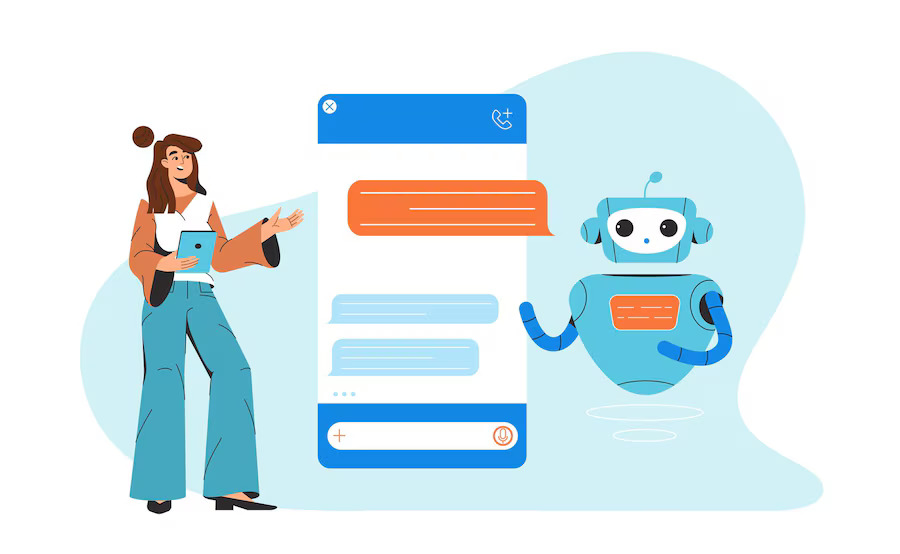The integration of Artificial Intelligence (AI) in accounting has revolutionized the finance industry, simplifying tedious processes and reducing the chances of errors. By automating repetitive tasks, AI enables accountants to focus on higher-value activities, making operations more efficient and insightful for businesses. Below is a detailed breakdown of how AI can assist accountants based on the given data, alongside some additional points.
Key Challenges in Accounting
Accounting departments face several challenges in their day-to-day operations, including:
- Manual Processing of Invoices and Receipts
- Prone to human errors.
- Inefficient and time-consuming.
- Time-Consuming Bank Reconciliations
- Managing a high volume of transactions.
- Complexities in dealing with varying bank statement formats.
- Manual Entry of Journal Entries
- Increases the risk of inaccuracies.
- Diverts time to low-value tasks instead of strategic initiatives.
AI Solutions for Accounting
1. AI-Powered Invoice Processing
- Automates the extraction of key data from invoices and receipts using OCR and machine learning.
- Converts unstructured data into structured formats for financial system integration.
- Tools like Azure Cognitive Services enable efficient invoice processing by identifying text, key-value pairs, and tables.
Benefits:
- Significant reduction in manual data entry.
- Time-saving and higher accuracy in managing financial records.
Practical Implementation:
| Step | Details |
|---|---|
| Automation Process | Digitizing incoming invoices and receipts. |
| Data Extraction | Extracting relevant data and updating financial systems. |
2. Automating Bank Reconciliations
Reconciliation can be streamlined using AI-driven tools and algorithms.
Options Available:
- Option 1: Build Your Own Algorithm
- Extract bank data (e.g., CSV or text files).
- Clean the data and define rules for matching.
- Generate matching rules and analyze exceptions.
- Option 2: Use Off-the-Shelf Tools
- Ready-to-use solutions like Docyt and Reconcilze offer efficient reconciliation management.
Steps for Custom Automation:
- Extract data from banks and systems.
- Format and clean the data.
- Create custom rules for data matching.
- Analyze exceptions for manual review.
- Generate reports and updates.
Advantages:
- Saves time by reducing repetitive tasks.
- Minimizes errors in financial reconciliations.
3. Automating Journal Entries
AI can streamline journal entries for common tasks such as:
- Revenue recognition.
- Accruals management.
- Tax booking processes.
Available Tools:
- Puzzle: Integrates APIs to automate tax and revenue booking.
- Truewind: Best for SMBs, offering bookkeeping solutions.
- Trullion: Focused on assisting auditors in meeting compliance standards.
Advantages:
- Increases operational efficiency.
- Ensures compliance with financial regulations.
- Frees up time for strategic financial planning.
Additional Benefits of AI in Accounting
AI solutions go beyond the primary areas and offer benefits such as:
- Fraud detection through anomaly identification.
- Real-time financial forecasting using predictive analytics.
- Automated report generation for management reviews.
Comparison of AI Tools and Solutions
| Feature | Azure Cognitive Services | Docyt / Reconcilze | Puzzle / Truewind / Trullion |
|---|---|---|---|
| Primary Function | Invoice processing | Bank reconciliation | Journal entries automation |
| Ease of Use | Custom implementation | Ready-to-use tools | API integrations available |
| Best For | Enterprise-level firms | Medium to large companies | Small to medium businesses |
Conclusion
AI is transforming the accounting landscape by automating routine tasks, reducing errors, and improving productivity. Tools like Azure Cognitive Services, Docyt, and Trullion empower accountants to focus on more strategic responsibilities, driving greater value for businesses. With AI adoption, accounting departments can stay ahead in an increasingly competitive financial world.



